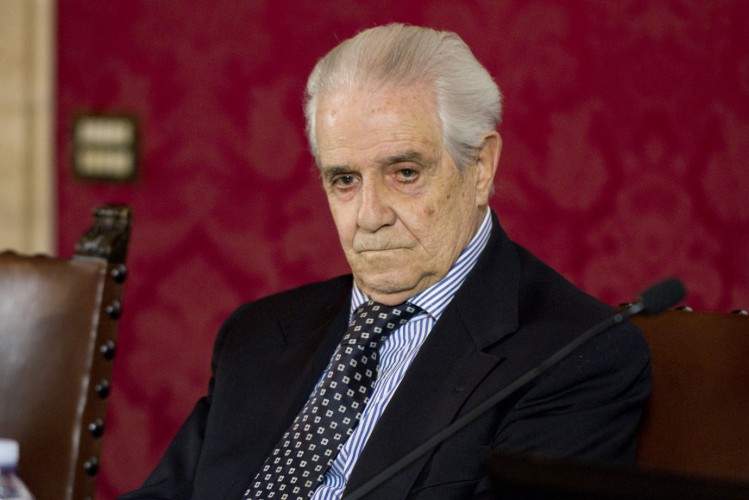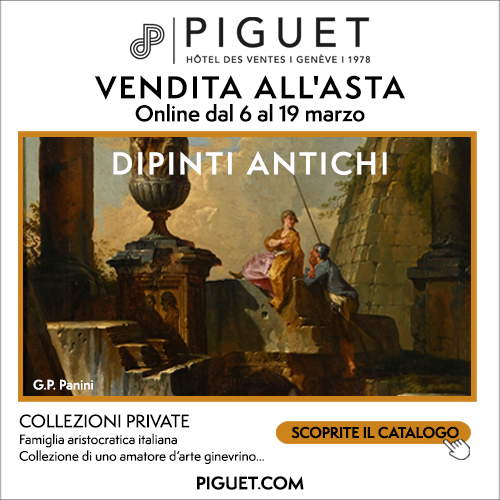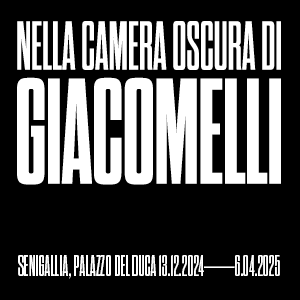Farewell to Ferdinando Bologna, great art historian, specialist in medieval art
Ferdinando Bologna, art historian and one of Italy’s foremost authorities on medieval art (but his interests ranged elsewhere as well), passed away on April 3 at the age of 93. He was born in L’Aquila in 1925. A pupil of Pietro Toesca, a distinguished medievalist, at the age of just twenty-five he was already part of the editorial staff of the journal Paragone in the year of its founding, 1950, thus becoming a collaborator of Roberto Longhi. He became a full professor of medieval and modern art history at the University of Naples, and then taught at the University of Tor Vergata, the Suor Orsola Benincasa University in Naples (Bologna was moreover awarded honorary citizenship of Naples in 1997) and those of Salerno and Siena.
Throughout his career, Bologna has collaborated with the most prestigious scholarly journals, from Prospettiva to The Burlington Magazine, from Arte veneta to Studi storici, not to mention museum journals such as the Revue du Louvre and the Bulletin des Musées Royaux de Belgique. He edited numerous publications on artists, especially of the fourteenth century (his contributions on Giotto and Simone Martini are particularly noteworthy) but, as anticipated, Bologna also dealt with modern art, editing volumes on artists from the fifteenth to the nineteenth centuries (Masaccio, Caravaggio, Francesco Solimena, Teofilo Patini and many others). Bologna also had a particular fondness for southern art: his studies on painters between the two and fifteenth centuries at the Angevin court in Naples are worth mentioning.
“It is with deep regret and lively consternation,” said L’Aquila Mayor Pierluigi Biondi, “that I learned of the passing of Professor Ferdinando Bologna, a distinguished citizen of L’Aquila, professor emeritus of medieval and modern art history at the University of Rome Tor Vergata and former collaborator of Roberto Longhi.” In May 2016, “on the occasion of the presentation of studies on Saturnino Gatti in L’Aquila,” the first citizen continued, “he received the Keys to the City. He was the author of an endless production of essays on major artists, from Titian to Antonello da Messina, from the masters of the 14th century to Caravaggio.” Finally, “a scholar,” Biondi concludes, “who wrote some of the most evocative and innovative pages in art history, making an outstanding contribution to the world of culture. From today our City, which loses one of its most distinguished sons, is poorer. To the family I express the deepest condolences from me personally and the entire Municipality.”
Ph. Credit Academy of St. Luke
 |
| Farewell to Ferdinando Bologna, great art historian, specialist in medieval art |
Warning: the translation into English of the original Italian article was created using automatic tools. We undertake to review all articles, but we do not guarantee the total absence of inaccuracies in the translation due to the program. You can find the original by clicking on the ITA button. If you find any mistake,please contact us.




























